


Тендер на розроблення підручників для вивчення української мови як ДМ/М2
25.05.2020
Проект Learning Together оголошує тендер на розроблення підручників для вивчення української мови як ДМ/М2. Дедлайн – 22 червня 2020 р.
These Terms of Reference define the activities that will be provided for the Language Component of the project Finland’s Support to the Ukrainian Education Reform (later: Project), in particular for Cluster 3 Educational Environment.
1. Background info on the project
Learning Together is a four-year collaborative project that started between Ukraine and Finland in July 2018, and was joined by the EU in late 2018. The work scheduled to last until July 2022. The Project is implemented by FCG International.
The project has national coverage and it focuses on supporting the New Ukrainian School (NUS) reform, especially in the primary education, and is designed around three thematic clusters which are inter-linked: Teacher Competence Development, Education Promotion, and New Education Environments.
The total budget is 8 million euros out of which 6 million euros is Finnish funding. In addition, there is a 2-million-euro top-up funding tool for enhancing the quality of instruction in Ukrainian SL/L2 among national minorities, provided by the EU.
2. Context of Assignment
The new Law on Education was adopted in Ukraine on September 5, 2017. Article 7 of the Law refers to an increase in subjects taught in the Ukrainian language for national minorities at the secondary education level.
In a letter dated September 29, 2017, the Ministry of Foreign Affairs of Ukraine requested the Venice Commission, an advisory body in the field of constitutional law, to conclude on Article 7 of the Law on Education, which regulates the use of the state language, as well as minority languages and other languages of education.
In 2018, the Ministry of Education and Science prepared a Roadmap for minority languages, focusing on the need to improve the quality of teaching Ukrainian among ethnic communities, especially in Zakarpattia and Chernivtsi regions.
Zakarpattia and Chernivtsi are multinational and multicultural regions with Hungarian and Romanian among the minority language groups. The following districts are densely populated by national communities - Hungarians: Berehovе, Vynohradiv, Uzhhorod, and Romanians: Tiachiv, Hertsa, Novoselytsia, Storozhynets, Hlyboka, Chernivtsi. In 2019/2020 school year, in Zakarpattia region, there are 72 schools with the Hungarian language of instruction; and 27 schools with Ukrainian and Hungarian languages of instruction; 12 schools with the Romanian language of instruction and 2 schools with Ukrainian and Romanian languages of instruction. In total, 17192 students receive instruction in Hungarian and 2591 students receive instruction in Romanian in this region. In Chernivtsi region, there are 56 schools with the Romanian language of instruction and 18 – with Ukrainian and Romanian languages of instruction. In total, 13518 students receive instruction in Romanian in this region.
The above-mentioned schools deliver instruction mostly in minority languages, while the Ukrainian language is learned only as a separate subject. These schools do not provide students with enough proficiency in the language to enter tertiary education in Ukraine. A high percentage of the school graduates are failing in independent evaluation tests in the Ukrainian language and literature that is an integral component of their admission to further education.
The results of a baseline study in Zakarpattia and Chernivtsi regions “At the educational crossroads: the evidence-based dialogue with national minorities in Chernivtsi and Zakarpattia regions” show the urgent need of textbooks, based on the methodology of studying Ukrainian as a second language in mentioned regions.
It is worth emphasizing that a high quality of the final textbook product is one of the Project’s priority.
3. Goal
The overall goal of this assignment is to develop textbook kit (grades 1-4) for studying Ukrainian SL/L2.
4. Scope of work
A detailed concept and workplan for development and piloting of the textbook kit will be finalized by the Service Provider with guidance by the National Project Director, the Chief Technical Advisor, the Project’s Language Expert, and International short-time Expert in Development of Textbooks.
The scope of work of the Service Provider under this ToR shall include, but not necessarily be limited to the following:
4.1. To design the concept of future textbook kit for grades 1-4, taking into account requirements:
4.1.1. A kit for each grade should consist of a “ABC” book, Workbook and Teacher’s Guide
4.1.2. The concept of future textbook kit should include a methodological approach to the study of Ukrainian SL/L2.
4.1.2. Each textbook should be based on Ukrainian State Standard of Primary Education and current National Curriculum, taking into account content areas related to the objectives of the syllabus in language and literature (acting in interactive situations; interpreting texts; producing texts; understanding language, literature, and culture; language use as support for all learning)
4.1.3. Each textbook should develop transversal competences: thinking and learning to learn; cultural competence, interaction and self-expression; taking care of oneself and managing daily life; multiliteracy (including media and information literacy); ICT competence; working life competence and entrepreneurship; participation, involvement and building a sustainable future
4.1.4. Each textbook should have an age-appropriate, compelling narrative story that would be the leitmotif for the whole textbook
4.1.5. A kit should include various language learning strategies (cognitive; metacognitive; social/affective) and language use strategies (interactive; interpretive; productive)
4.1.6. Each textbook and/or workbook must contain activities for different speakers: levelled activities, activities for children with special needs, etc.
4.1.7. Textbook should search for the possibilities for the inclusive environment, catering to every person without distinction of any kind, such as race, colour, sex, language, religion, political or other opinion, national or social origin, property, birth or other status (e.g. disability, age, family status, sexual orientation, health status, place of residence, economic and social situation, etc.). Textbook kit should not include discriminatory statements / images, that shape stereotypical perceptions (e.g. boys play football, girls bake pies with moms, etc.)
4.1.8. A textbook kit should consider different types of assessment/evaluation.
4.1.8.1. Different types and forms of assessment should be provided to help answer the questions:
- What evidence will show whether the students have achieved the outcomes?
- What assessment options for students to “show what they know” are provided?
- Is the focus of the assessment for evaluation purposes determined? (e.g. if the evaluation of understanding of the content is taking place, spelling errors don’t matter too much)
- Are different rubrics, exemplars and checklists to support student evaluation available?
- Are opportunities for student self-reflection and self-evaluation available?
4.1.8.2. Each textbook/workbook should have review section to help monitoring progress (with a self-assessment in every Review).
4.1.8.3. Variety of assessment tools and processes should be taken into account:
• tests and quizzes with constructed-response items (performance-based) and selected-response items (true/false, fill-in-the-blank, multiple choice)
• reflective assessments, such as journals, logs, listen–think–pair–share activities, interviews, self-evaluation activities, and peer response groups
• academic prompts that clearly specify performance task elements, such as format, audience, topic and purpose
• culminating (summative) assessment projects that allow for student choice and independent application.
4.1.8.4. Assessment Accommodations for Students with Special Education Needs must be taken into account
4.1.9. A kit should have interactive content, e.g. links/QR-codes/cd with games, songs, or other forms to consolidate language, involve different modalities of students (visual, kinaesthetic, acoustic, etc.).
4.1.10. A kit should have modern design which is interesting for students. The design of Ukrainian textbooks is usually outdated, based on ethnographic detail or simple graphic solutions. During several surveys, students noted that the textbooks are “not trendy, not interesting, not bright”.
4.2. To develop a working prototype which contains main features and functionalities which will be included in the final product
4.3. To conduct continuous consultation with the team or nominated representatives of the Project
5. Expected deliverables
The Service Provider will submit the following deliverables:
5.1. Present ideas and a working plan for the textbook kit
5.2. Design a creative concept for the assignment
5.3. Draft an inception report outlining the activities to be undertaken, with an implementation plan and timelines
5.4. Implement the assignment
5.5. Provide at least 5 Semi-annual Progress reports describing the accomplishments of each period
5.6. Provide a Final Report which shows the methodology used, activities undertaken, successes, challenges, results (planned and unplanned), lessons learned, and future recommendations.
6. Resource Planning and Timeline
The amount of this assistance is assessed as 2.5 years, including preparation. The task should be implemented not later than March 2022. The final timeline of the assignment will be agreed with the Project.
Expected textbook producing cycle (please ToR attached below)
The process of producing textbooks cannot begin until a curriculum for studying the Ukrainian language and literature for indigenous peoples and national minorities is approved.
Also, the producing of textbooks for studying Ukrainian SL/L2 is a two-part process: it has creative and technical stages. This ToR is made for the creative part of this activity. The separate procedure and ToR for printing of textbook kit might be done after the completion of this assignment.
The details of the assignment, terms and conditions will be specified in the contract between the FCG International Ltd (Contractor) and a local service provider/agency (Consultant) that provides the local consultancy team of local experts. Payment milestones will be based on the acceptance of the key deliverables by the Project Management Team.
The maximum budget is 170,000 Euro.
Due to COVID-19 pandemic situation, changes to this ToR may be required.
7. Submission requirements
The Proposal must include the following:
7.1. A technical proposal not exceeding 10 pages in length including the intended approach and the planned activities, the implementation, the management of the undertaking, including an operational work plan with timelines.
7.2. Breakdown of costs. The budget breakdown must include two separate sections: ‘Fees of experts’ and ‘Other costs’. The fees shall be defined on rates based on working days or working month. The other Costs must be broken down to correspond the Technical Proposal and Work Plan. The Budget Breakdown must be in Euros.
7.3. The Curriculum Vitae of each member of the team.
7.4. Official documents proving the status of the organisation and the document proving the financial capacity (annual turnover and profit/loss) of the organisation.
Copies of main registration documents.
Other relevant supporting documents may be attached as an annex.
The proposal must be in English.
8. Key Staff
Following key staff with appropriate qualification may be required to be available for this assignment
|
Key Professional Staff |
|
Project Manager |
|
Content Development Team (Subject Matter Experts: authors, expert in pedagogy, Hungarian/Romanian linguist, etc.) NOTE. It is expected that the team of authors will be joined by local experts from Chernivtsi and Zakarpattia region, possibly teachers/professors/other related specialists, who are representatives of national minorities/native speakers of Hungarian and Romanian |
|
Designer(s), art specialist (photos, illustrations) |
|
Interactive Content Developers: sound recording specialist(s), animation director(s) and video director(s); composer(s); announcer |
|
Editorial: book layout specialist, proof-readers, editors |
9. Evaluation criteria and Selection Procedure
Proposals will be evaluated based on Quality (90% weight) and Price (10% weight).
Eligible service providers are requested to submit a written proposal. The quality of the Proposal will be evaluated based on the following:
9.1. Organisation (10%):
- Previous experience in similar assignments.
9.2. Service Provider’s Team communication skills and experience (30%):
- A Master’s Degree in the relevant field
- Minimum of three years of professional experience in related field
- Capability and proven experience in developing and executing related activities
- Excellent written, oral and interpersonal skills; excellent communication skills in English, Ukrainian
- Previous experience with related tasks, as well as experience in working with national minorities’ communities will be an asset
- Familiarity with the New Ukrainian School reform will be an asset.
9.3. Technical Proposal (50%):
- The relevance of the approach and implementation methodology
- The requirement verification
Only short-listed candidates will be invited to the interview. The evaluation and selection of the service provider will be carried out by the Project in accordance with the ToR and under supervision of the Steering Committee.
10. Deadline for Proposals
The timeline of the tender is as follows:
10.1. All tenderers are requested to indicate their interest to submit their potential proposal by 09.06.2020 via email at [email protected] .
10.2. In case the tenderers want to have further clarification on the competition, written questions must be sent via email at [email protected] by 12.06.2020.
10.3. All the tenderers will be provided with answers to all clarification requests by 17.06.2020.
10.4. The final application must be submitted by 22.06.2020 via email at [email protected] .
Please note that all written communication must be in English. Further instructions for the tender are given only from the email mentioned above. Any further information or advice obtained from other sources may be disregarded in the tender evaluation.
11. Guiding principles
Manual for Bilateral Programs by the Ministry for Foreign Affairs of Finland, revised version 2018 https://um.fi/publications/-/asset_publisher/TVOLgBmLyZvu/content/manual-for-bilateral-programmes is applied in the planning and implementation of this assignment. This manual is applied in all cooperation that has been agreed between Finland and Ukraine.
12. Mandate
The Service Provider is expected and entitled to discuss issues relevant to the assignment with relevant parties, government authorities, and other relevant organizations and individuals. However, the Service Provider does not have any mandate to make commitments on behalf of government authorities in Ukraine and Finland, or on behalf of the Contractor, FCG International Ltd, especially.
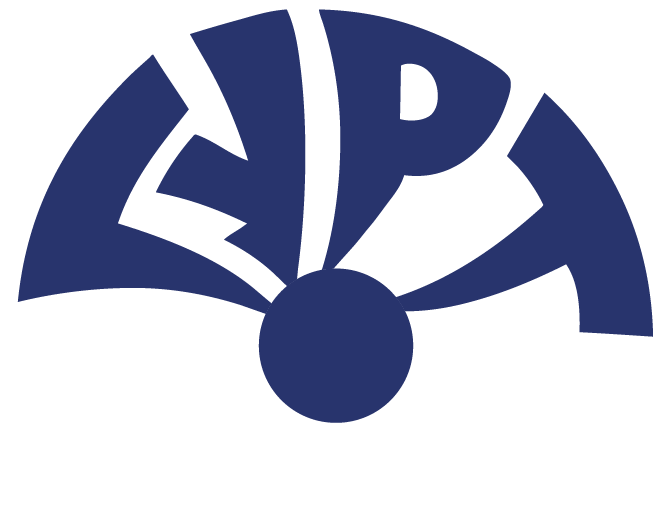
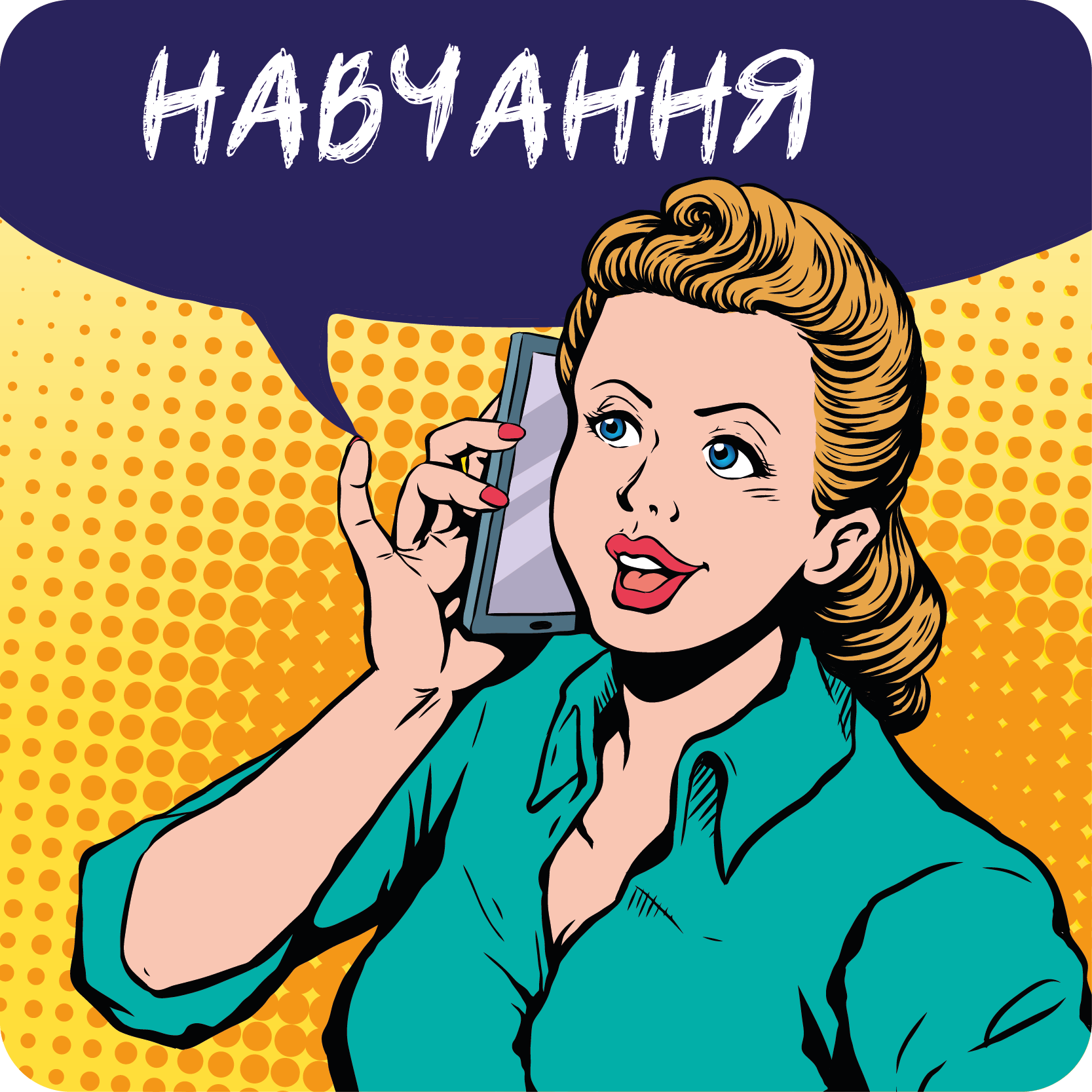
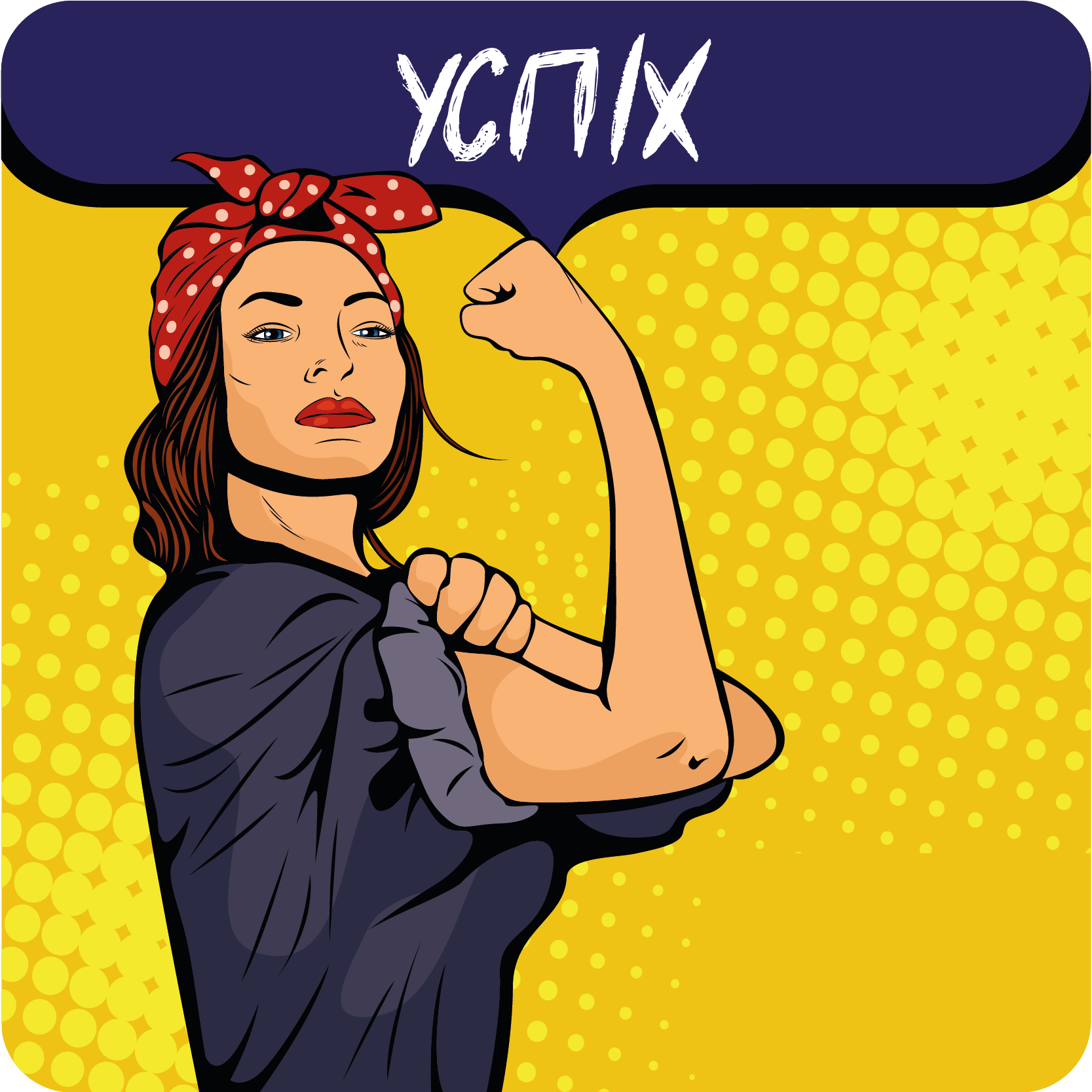
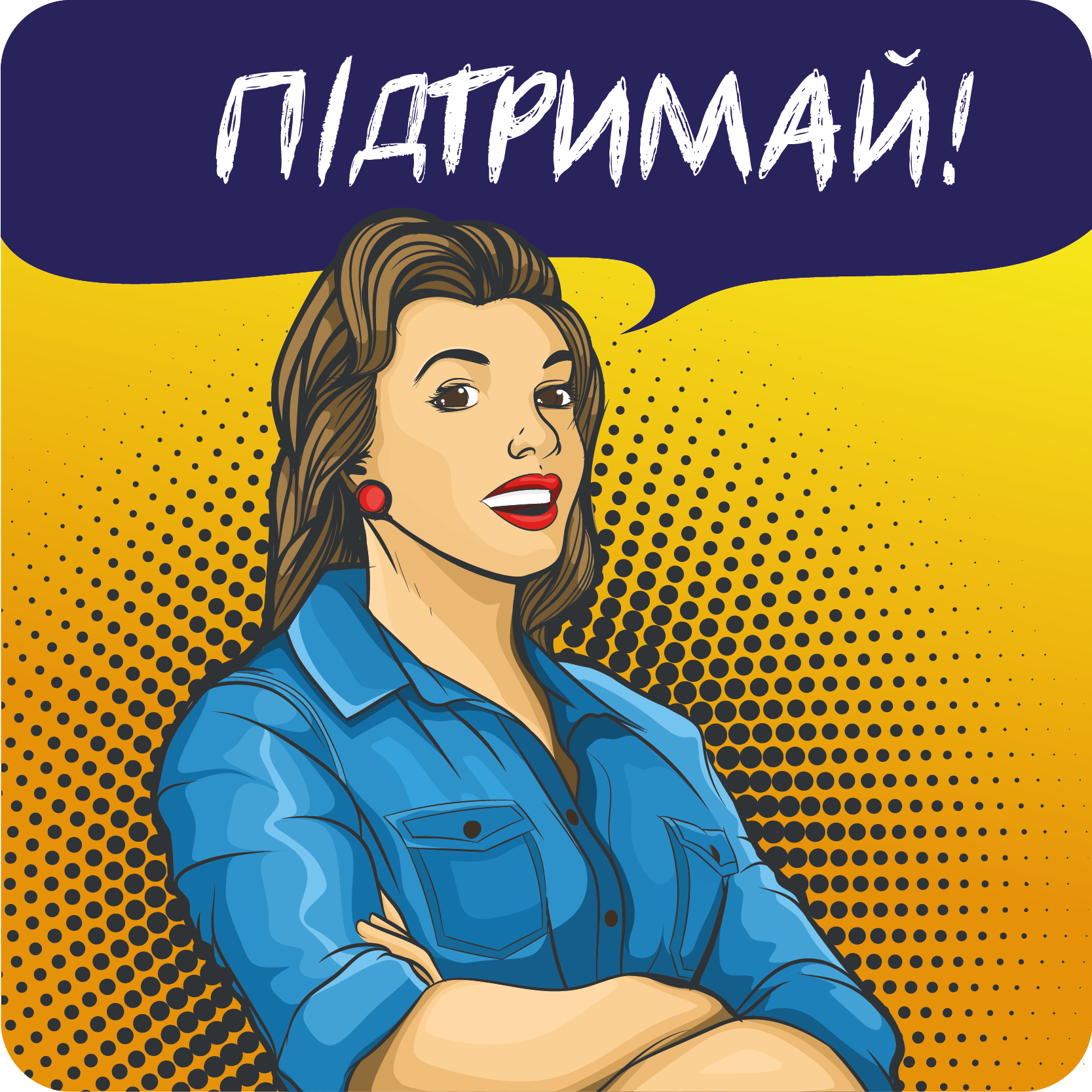


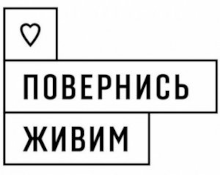
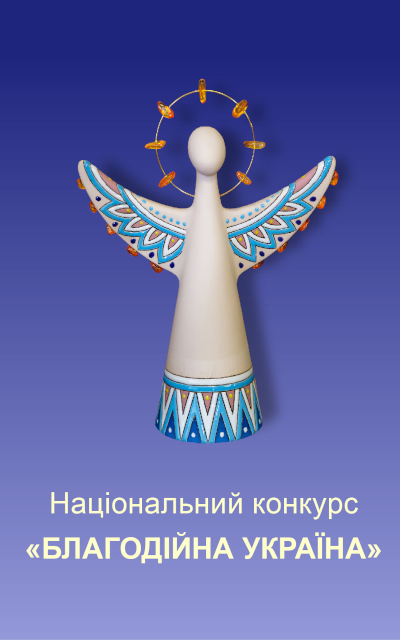

Коментарі